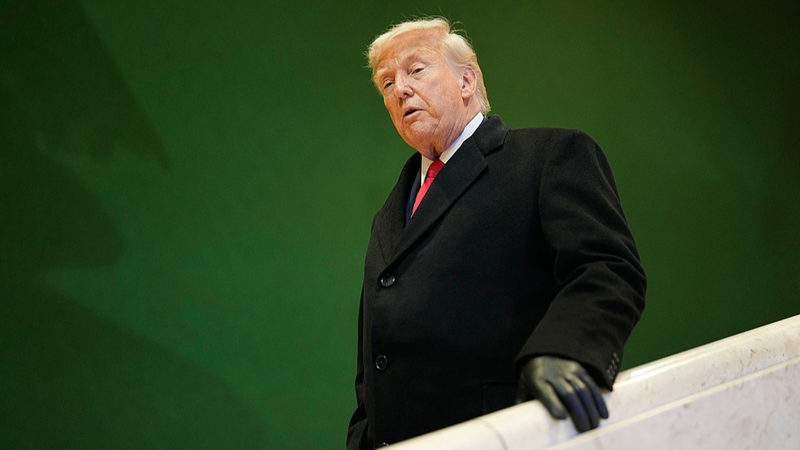Almost 2,500 years ago, the ancient Chinese military strategist Sun Tzu wrote in his book The Art of War that \"there is no instance of a nation benefiting from prolonged warfare.\" Both Russia and Ukraine are undoubtedly exhausted by the conflict that erupted on February 24, 2022. But is it likely that the two countries will reach a peace deal in the near future?
Months before winning the U.S. presidential election in November 2024, Donald Trump promised to end the Ukraine conflict \"even before he took the Oval Office.\" That, however, did not happen. Starting a war has always been much easier than ending it.
Still, what Donald Trump managed to do over the past month was initiate the process of normalizing relations between the United States and Russia. His phone call with Russian President Vladimir Putin on February 12 – the day marking the 10th anniversary of the Minsk II agreement, which effectively froze the Donbas war that broke out in the spring of 2014 – was the first step in that direction.
What followed was the summit between U.S. Secretary of State Marco Rubio and Russian Foreign Minister Sergey Lavrov in Riyadh on February 18. Although no document has been signed, the two officials agreed to continue holding talks and to appoint ambassadors to each other's capitals as soon as possible.
In the meantime, the Trump administration launched a campaign against Ukrainian President Volodymyr Zelensky, accusing him of corruption, blaming him for Russia's actions in Ukraine and even going so far as to call him a \"dictator.\" This rhetoric came after Zelensky refused to reach a deal with Washington over Ukraine's rare earth minerals.
Most, if not all, relevant political figures in Kyiv want the United States to provide \"security guarantees\" in exchange for rare metals and critical materials. Conversely, Washington seems to view Europe as a major provider of Ukraine's security. Trump reportedly aims to end, or at least freeze, the conflict in Ukraine so that the United States can focus on other geopolitical issues, whether it be the situation in the Middle East or, perhaps, China.
Some Russian analysts have already warned that Washington, in the long run, plans to turn Russia against China, which is why Trump reportedly aims to make some concessions to Putin regarding Ukraine. In their view, Moscow could eventually play the role of an American instrument against Beijing, in the same way that the West now uses Kyiv as a tool against Russia. Even Belarusian President Alexander Lukashenko recently stated that the U.S. could try to \"pit the Russians against the Chinese\", emphasizing that \"the Russians must not allow that.\"
Reference(s):
cgtn.com




